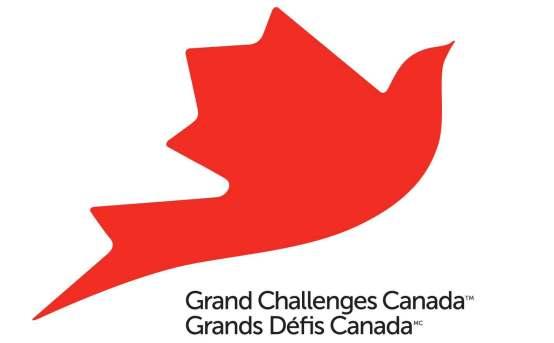PROMISE SB: Saving Brains in Uganda and Burkina Faso
Exclusive breastfeeding (EBF) has been associated with better cognition in some developed countries. In this project scientists from Uganda and Burkina Faso will assess whether EBF promotion enhances human capital formation including cognitive function, mental and general health.
Main content
Main coordinators:
James K. Tumwine, Makerere Univerisity, Uganda and Nicolas Meda, Centre Muraz, Burkina Faso
Collaborative Partner:
Thorkild Tylleskär, Centre for International Health, University of Bergen
Period: two-year grant, starting late 2012
Funding: Grand Challenges Canada: Saving Brains Initiative
Project Summary & Background
The PROMISE Saving Brains (PROMISE SB) study will include children born in the PROMISE EBF cohorts established in Uganda and Burkina Faso between 2006 and 2008 for the PROMISE EBF trial. Using these cohorts, the PROMISE SB study will give us a unique opportunity to assess whether EBF promotion enhances human capital and to assess mental health and cognitive function among 5-7 year old children in these two countries.
Many challenges occurring in the prenatal period or in the first 1000 days of life put children at risk for brain disorders, often termed developmental disabilities because they affect children, at a particularly vulnerable stage, slowing or halting the development of the nervous system. Poverty and inadequate access to health care and education, infection and trauma, as well as caregiver mental health problems affect large proportions of the children in Uganda and Burkina Faso. Although not well studied in Sub-Saharan Africa, nutrition, particularly breastfeeding has been recognized in other settings as an important determinant of cognitive functioning.
Purpose
Using an integrated innovative approach, this study will tackle scientific, business and social barriers to the use of peer counselling for EBF on human capital formation in Burkina Faso and Uganda. From the scientific angle, the PROMISE SB study will provide the first set of data from a randomised trial in an African context on peer counselling for EBF on human capital formation. It will contribute to a crucial wider discussion on external validity regarding the relationship between exclusive breastfeeding and intellectual performance and mental health. In the social area, the PROMISE SB study will identify solutions to potential barriers that limit scale up for peer counselling for EB. From the business perspective, the study will identify the best business model for affordable, acceptable and cost effective ways of delivering peer counselling for EBF in Burkina Faso and Uganda. If this intervention is found effective, and is adopted, it could improve productivity in adulthood and work towards breaking the cycle of poverty.
